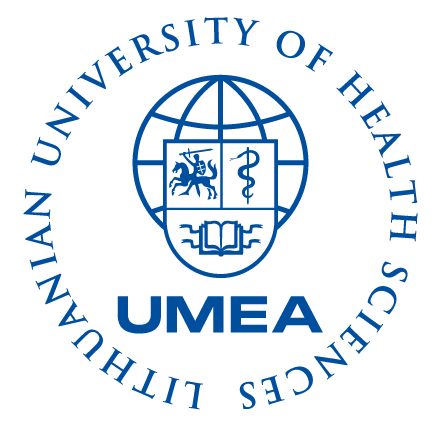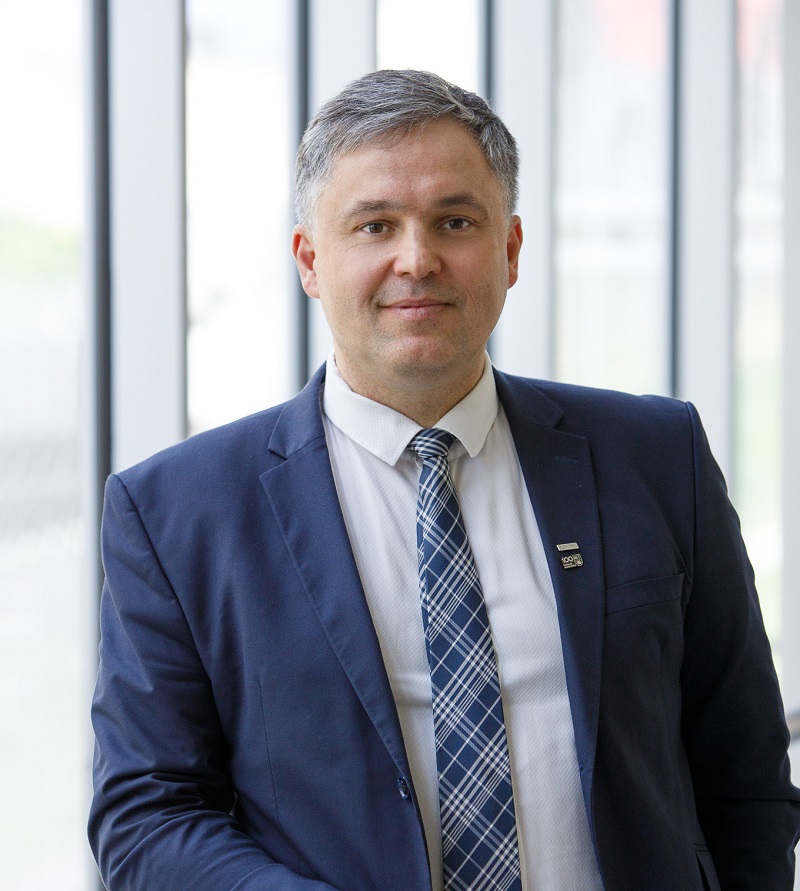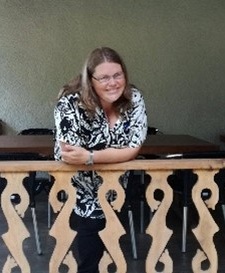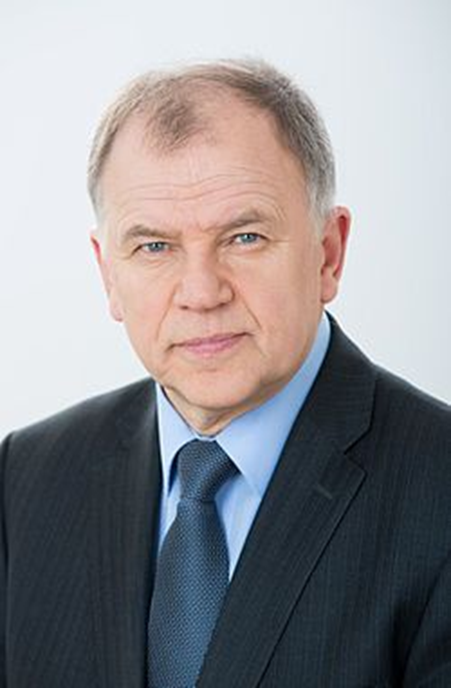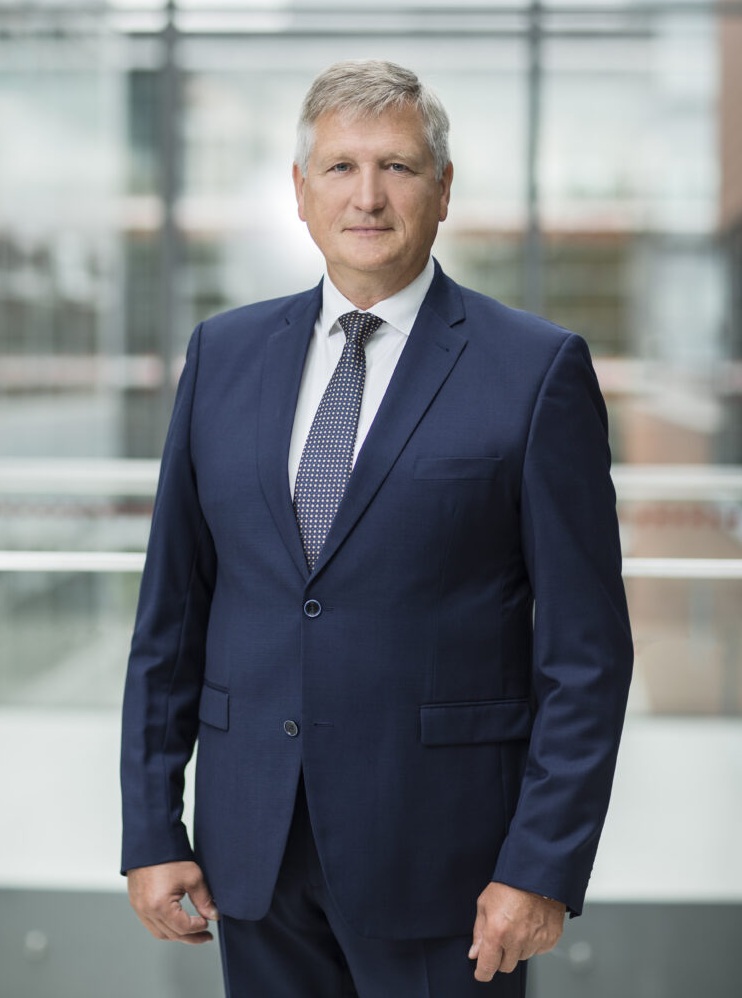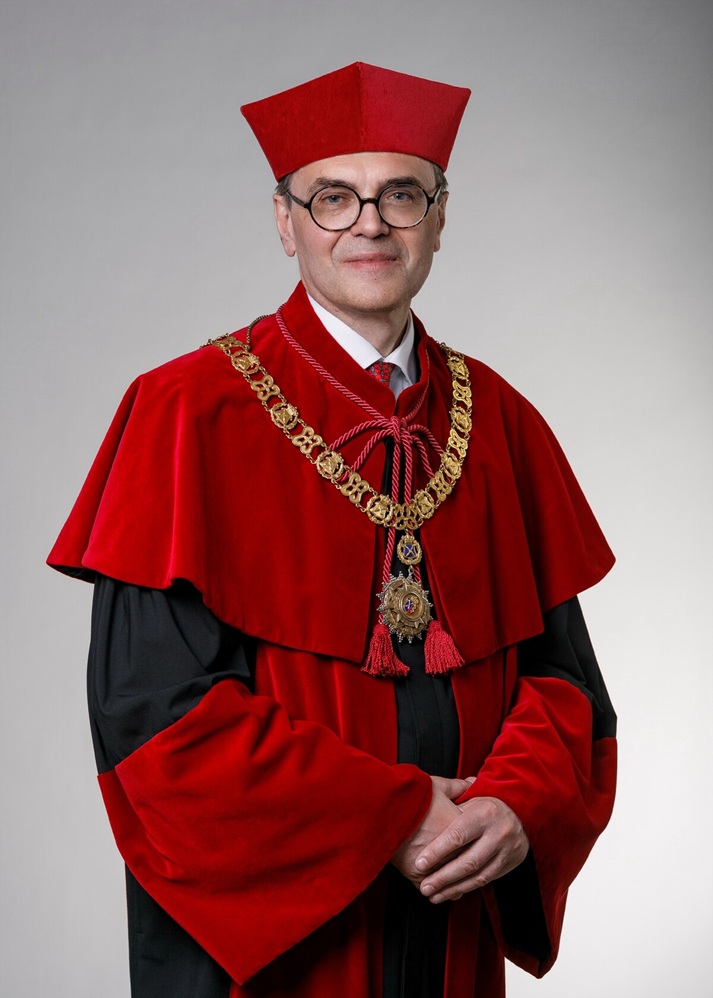Catering
Breakfast at the selected hotel.
Lunch and dinner at the “Bistronomė” restaurant. Address Laisvės avenue 37, Kaunas (5 min walk from the congress venue). Special prices for congress participants only upon pre-order: lunch (soup, hot dish, drink) 8 EUR, dinner (hot dish, drink) 7 EUR.
Vegetarian or vegan dishes are also available. Please inform us about any special needs when placing an advance order. You will receive an order link by email.
Only participants who have pre-ordered and paid will receive restaurant coupons. Please pay by June 25, 2025 to the following account:
Recipient – Lietuvių Esperanto Jaunimo Organizacija
Account number – LT757044090106372972
Purpose of payment: name, surname, 23rd IMEC catering
More information about the restaurant here https://www.bistronome.lt/
Excursions
Tour of the Central Palace of LSMU
The Central Palace of LSMU is a UNESCO heritage site.
The architect of the building is Vladimir Dubeneckis – pioneer of modern architecture in Lithuania, a promoter of the national architectural style.
There are many interesting details in this palace, there are many interesting stories to tell, but we won’t reveal secrets now – we invite you to take a walk around the building with guide Jonas Oškinis and experience, discover, find out for yourself.
The tour is free.
Walking tour of Kaunas city center and old town
Kaunas – a unique city at the confluence of two rivers, temporary capital of Lithuania between the wars. Kaunas residents call their city the heart of Lithuania and offers to awaken the beast within.
After the congress, we offer an easy walk and a brief overview of the city.
The tour is free.
Excursion to Birštonas
For congress participants is planned an excursion on July 2. We will go to Birštonas, a town with the status of a royal resort. We’ll take a walk around the town there, will admire the views of the Nemunas River bends, we will taste natural mineral water, will have lunch in a beautiful restaurant surrounded by pine trees, near the Nemunas embankment, will visit the “Versmės” sanatorium, will try some healing procedures (have your swimsuit). We will return by boat, admiring the banks of the Nemunas, villages around it.
The tour price is 105euros.
Places are limited, please book in advance. The order will only be accepted upon receipt of payment. You will receive an booking link by email.
Please pay for the excursion by June 25, 2025 to this account:
Recipient – Lietuvių Esperanto Jaunimo Organizacija
Account number – LT757044090106372972
Purpose of payment: name, surname, 23rd IMEC excursion to Birštonas
More information about Birštonas here https://birstonas.lt/
About the “Versmė” sanatorium here https://versme.com/


